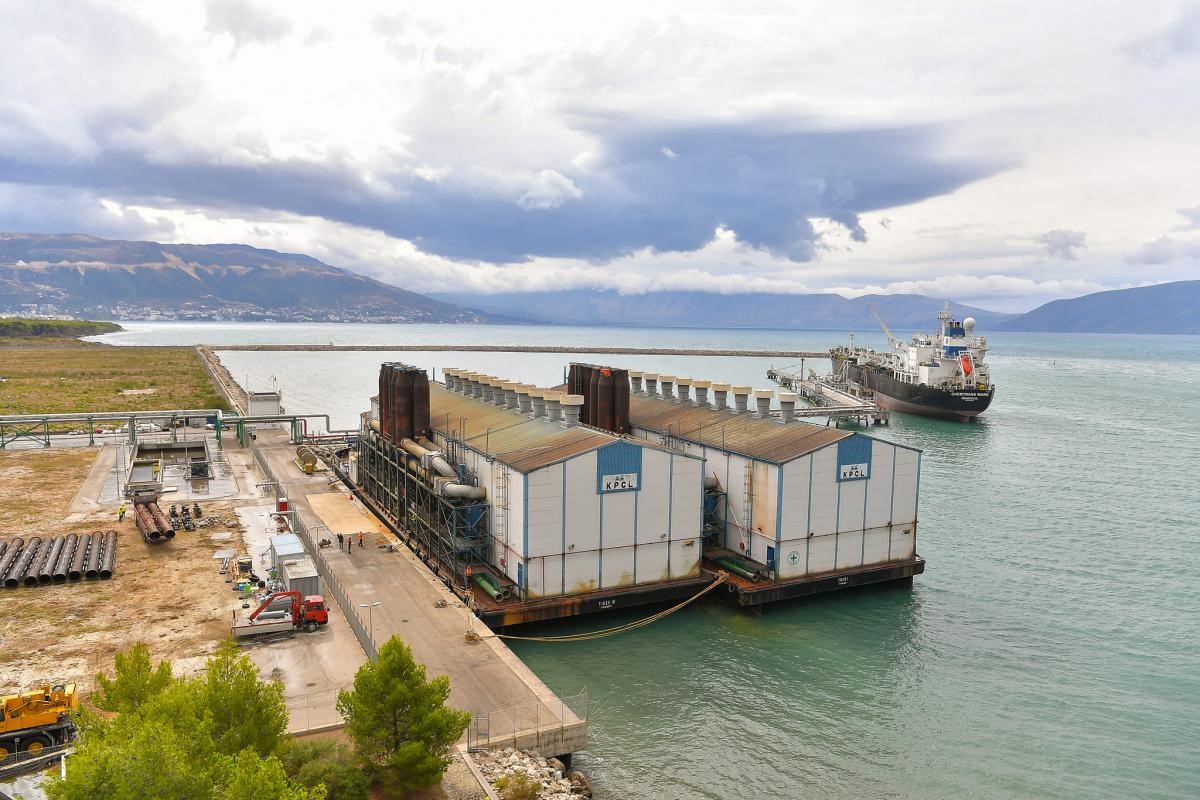The Friday session of the Electoral Reform Commission failed to start, as the Democratic Party group supporting Gazment Bardhi chose to obstruct its proceedings. The latter group refuses to accept Enkelejd Alibeaj from Lulzim Basha’s group as the co-chair of the electoral reform commission, given the decisive role his vote holds in this commission. Alibeaj himself stated that all ‘opposition factions’ are equally and fairly represented in the commission. Faktoje verified this statement based on the seating arrangement report in parliament according to each faction within the Democratic Party. Experts warn about the deepening political crisis and the lack of comprehensive electoral reform with the current membership.
Jona Plumbi
Less than 30 minutes before the scheduled start of the Electoral Reform Commission meeting, Enkelejd Alibeaj, the official representative of the Democratic Party, held a press conference. During the conference, he discussed the proposals that his group has put forward in the commission. During his speech, Alibeaj described the Electoral Reform Commission as inclusive and representative.
‘As all opposition parties, and even various factions within the opposition, are represented in the electoral reform commission – the reports, I believe, are conducted in the most transparent manner possible. I believe it is the responsibility of all of us, members of the electoral reform commission, to actively participate and safeguard the interests of the opposition, of the Albanian people, and of Albania.’ – Enkelejd Alibeaj, January 19, 2024.
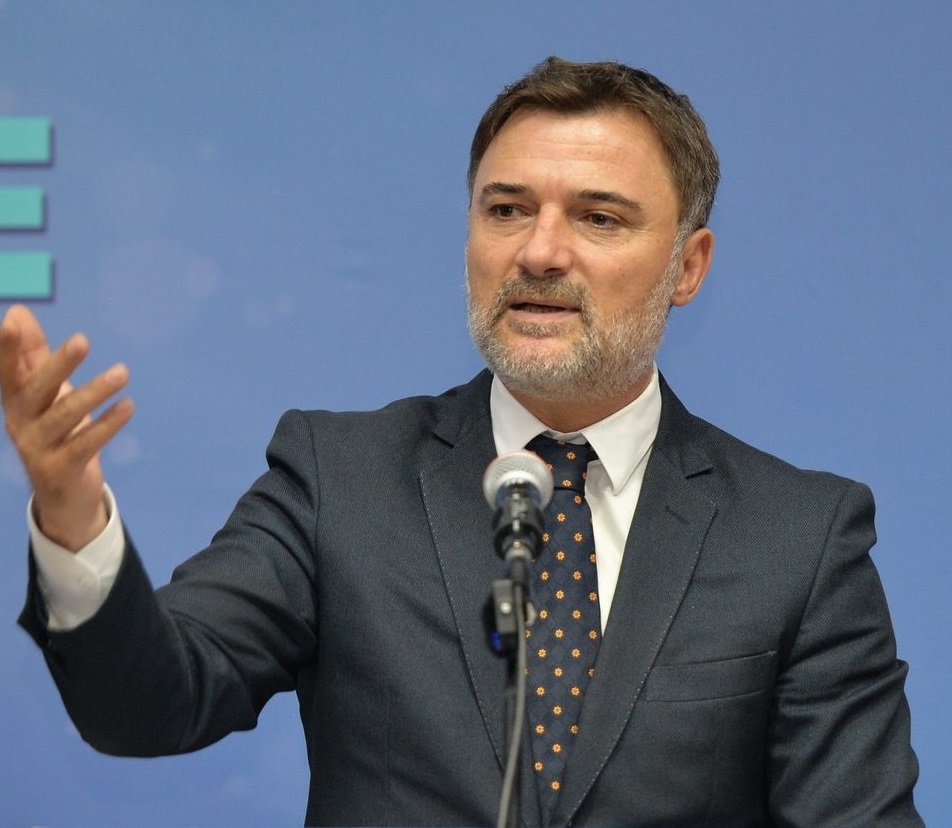
Is this statement deemed true by experts?
Former Chairman of the Central Election Commission, Kristaq Kume, points out that even though the formal initiation of proceedings with the current composition doesn’t violate any legal provision, it goes against its primary objective, which is to achieve an acceptable outcome for all parties involved.
‘Meanwhile, the opposition party, as expected to be present at the meeting, shall not be fully represented, and consequently, it is not possible for the outcomes of this commission, even if formulated, to be universally accepted.’ – Kristaq Kume for Faktoje.
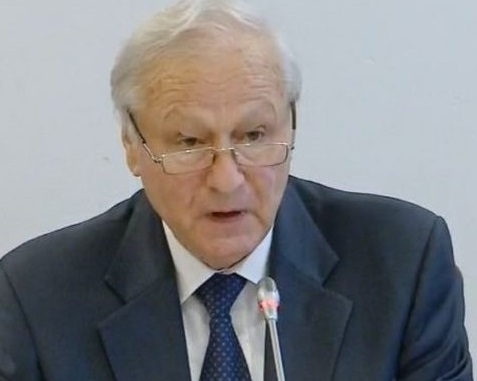
The meeting called at the Parliament’s Presidency on January 19, according to researcher Afrim Krasniqi, aims to be factored into the existing context of the political crisis.
The Commission was mandated to convene in accordance with the Parliament’s decision before January 14 being the deadline set by the Constitutional Court for the diaspora vote, but it failed to gather for this matter. This implies that the need was not for a reform, but rather what led to the commission’s gathering was the necessity to reposition them in the political context.’ – Afrim Krasniqi for Faktoje.
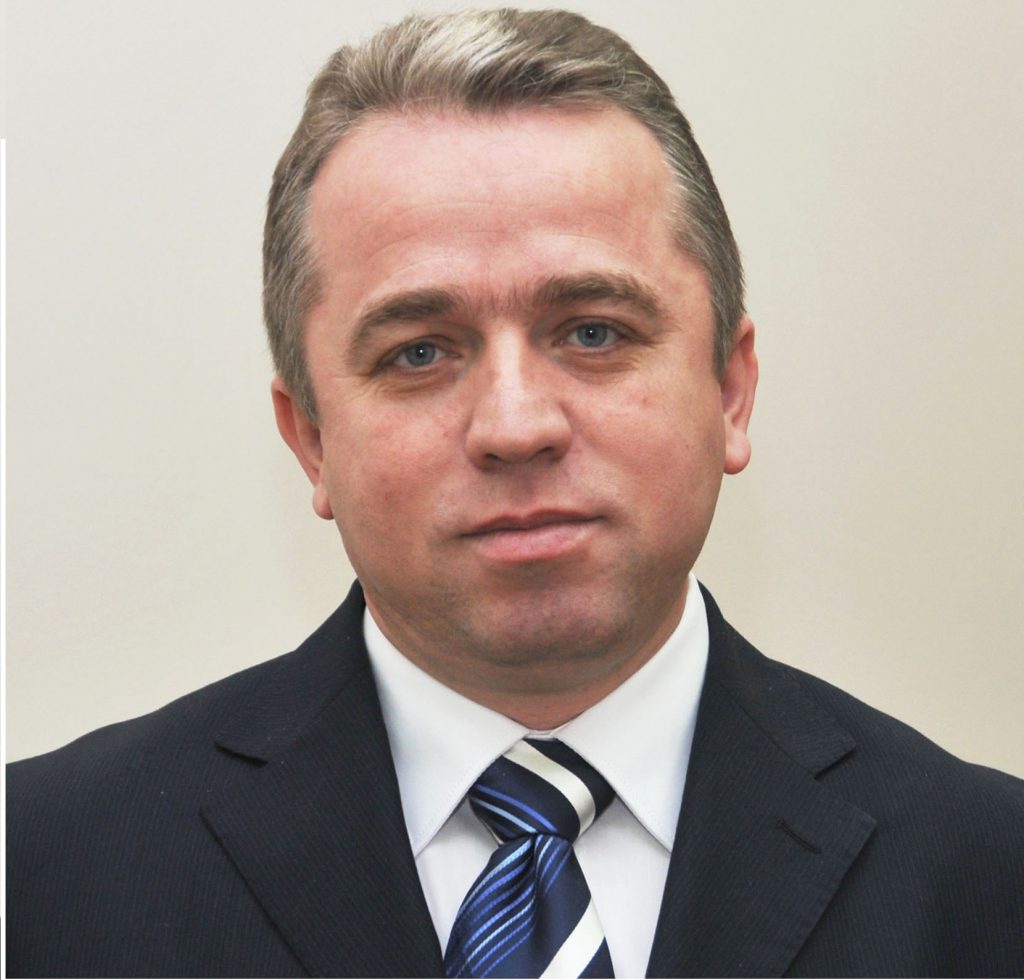
As such, Krasniqi continues, the meeting is not expected to yield any significant outcomes, not expected to bring about a reform, and not expected to bring the parties closer. ‘On the contrary, it deepens the political crisis and almost renders the normal progress of an electoral reform impossible‘ – evaluates Krasniqi.
In reality, that’s exactly what occurred.
The planned session of the reform commission on Friday, January 19, did not take place due to the opposition deputies’ rejection, represented by Gazment Bardhi and Sali Berisha, of the representation by Co-chairman Enkelejd Alibeaj from Lulzim Basha’s parliamentary group.
The fact is that among the deputies elected from the Democratic Party’s list in the 2021 elections, the vast majority belong to Mr. Bardhi’s group, who continues to serve as the Head of the Democratic Party’s parliamentary group in the Parliament.
At the core of the Special Commission for Electoral Reform work is drafting amendments to the electoral legislation through an inclusive process. The activity of this Commission, only with the participation of the majority and DP deputies led by Mr. Basha, fails to materialize this fundamental request, which, in fact, has been the main argument on which the decision in 2002 was based to initiate a electoral reform by activating a Special Bipartisan Commission.’ – assesses Kristaq Kume.
Afrim Krasniqi identifies two solutions to this situation.
‘Either the parliament reforms the Commission based on new parliamentary reports, or the Parliament must enable the initiation of another institutional dialogue between the actual political parties in Parliament. This should be inclusive, involving all parties, to reach a solution through political negotiations. Subsequently, the Commission, through expertise, can translate political decisions into legal acts, similar to what occurred in the Political Council in 2020.’ The mishandling of this situation indicates a lack of parliamentary will to have an electoral reform,’ continues Krasniqi.
Background
Despite the parliament lacking official information about the actual division of parliamentary groups, approximately 12 opposition deputies are associated with Lulzim Basha, while around 45 deputies are counted within Bardhi – Berisha grouping. However, today, the ‘Basha’ grouping is represented in the commission by Co-chairman Alibeaj and Member Kreshnik Çollaku. On the other hand, the group of deputies supporting Bardhi and Berisha is currently represented by four members.
In September 2023, the deputies of the parliamentary group led by Gazment Bardhi proposed a change in the current composition of this commission. This proposal aimed at replacing Enkelejd Alibeaj with Oerd Bylykbashi as Co-chairman from the opposition, substituting Kreshnik Çollaku with Tomorr Alizoti, and including Deputy Dhurata Çupi as a member.
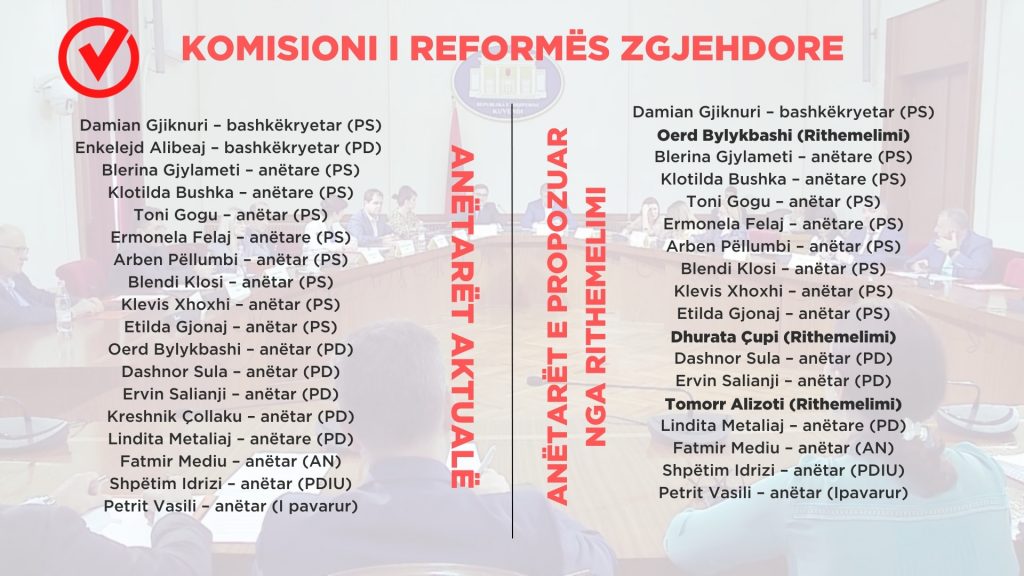
As a standard procedure, the Special Commission for Electoral Reform is established on the principle of equality between the government and the opposition. It comprises 18 members, including 9 representatives from the Parliamentary Group of the Socialist Party, 6 representatives from the Parliamentary Group of the Democratic Party, 1 representative from the Parliamentary Group Alliance for Change, 1 representative from the Parliamentary Group Democracy and Integration, and 1 independent deputy. According to the Commission’s regulation, the two Co-chairpersons have the right to veto in voting, making the role of the Co-chairperson highly significant in representation.
Given this situation arising from the factions within the parliamentary opposition, which are not officially recognized through the division into specific parliamentary groups; considering the pivotal role the co-chair of electoral reform plays due to the veto power in voting, as well as based on the experts’ assessment that, although there are no legal violations, fundamentally there is no equal representation, we deem Enkelejd Alibeaj’s statement claiming ‘representation of all opposition factions in the Electoral Reform Commission’ to be inaccurate.






